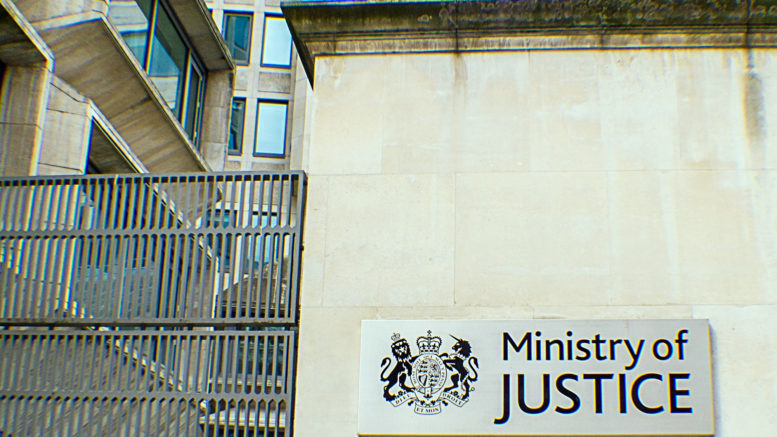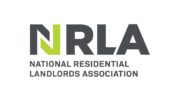Ministry of Justice confirmation that the current stay on possession claims will end on 23 August has sparked a furious debate between Citizens Advice and landlord representatives.
While ARLA Propertymark, the letting agents’ body, wants work the clear the backlog of cases, Citizens Advice is warning of the dire consequences of a resumption of possession cases. It has called for judges to be given additional discretion to halt automatic evictions for rent arrears.
It said this is necessary because an estimated 227,000 adult private renters have fallen behind with their rent since the start of the coronavirus crisis. And unless the Government acts to protect renters thrown into financial difficulty by the crisis, judges will be powerless to stop them from losing their homes once the ban is lifted.
The charity claimed its poll, of just over 1,000 private renters, suggests 174,000 private tenants have already been threatened with eviction by their landlords or letting agents – a figures vehemently denied by the private rented sector.
It said there was a ‘looming threat of eviction’ that is taking a toll on the mental health of private renters. ‘Nearly a third of renters – 2.7m adults – feel more depressed and anxious about their housing situation’, it claimed.
‘We know people have been doing whatever they can to pay their rent and keep their home safe’, said Shelter chief executive Polly Neate. ‘Despite this, the minute the evictions ban lifts, the 230,000 already behind with their rent could be up for automatic eviction if they’ve built up eight weeks-worth of arrears. And judges will be powerless to help them. That’s more than the entire population of Portsmouth at risk of losing their homes. And let’s not forget: this pandemic is not over’.
But the National Landlord Knowledges’ Association Landlords said Shelter is far from the mark.
Its evidence suggests landlords are working hard to support tenants, nine in 10 of whom have been paying their rent as usual during the pandemic.
‘Throughout the lockdown, our surveys show that the vast majority of landlords have been doing all they can to keep people in their homes’, said NRLA policy director Chris Norris. ‘Although no landlord can afford to absorb long-term losses of income, eviction is not, and should not be seen as the inevitable outcome of getting behind with rent payments’.
Norris said it was important to distinguish between tenants affected by the coronavirus crisis and those who were building rent arrears before lockdown, sometimes for several months and sometimes wilfully.
‘When the courts re-start rehearing possession cases, the latter should be the priority along with instances where tenants are committing anti-social behaviour or domestic abuse’.
ARLA, meanwhile, said it has joined forces with other leading organisations from across the housing sector, including NRLA, to support tenants and landlords facing rent arrears due to the coronavirus crisis.
‘The organisations have launched guidance offering practical ways in which agents, landlords, and tenants can work to address arrears that might be building as a result of the pandemic. The guidance includes the need for all parties to flag up any problems that might be arising early on, along with advice about measures that can be taken such as agreeing rent deferrals, reductions, and suspensions. It provides support also for tenants applying for benefits where need be and points to resources available to help develop budgeting plans to ensure that tenants can cover the cost of essential items’.








